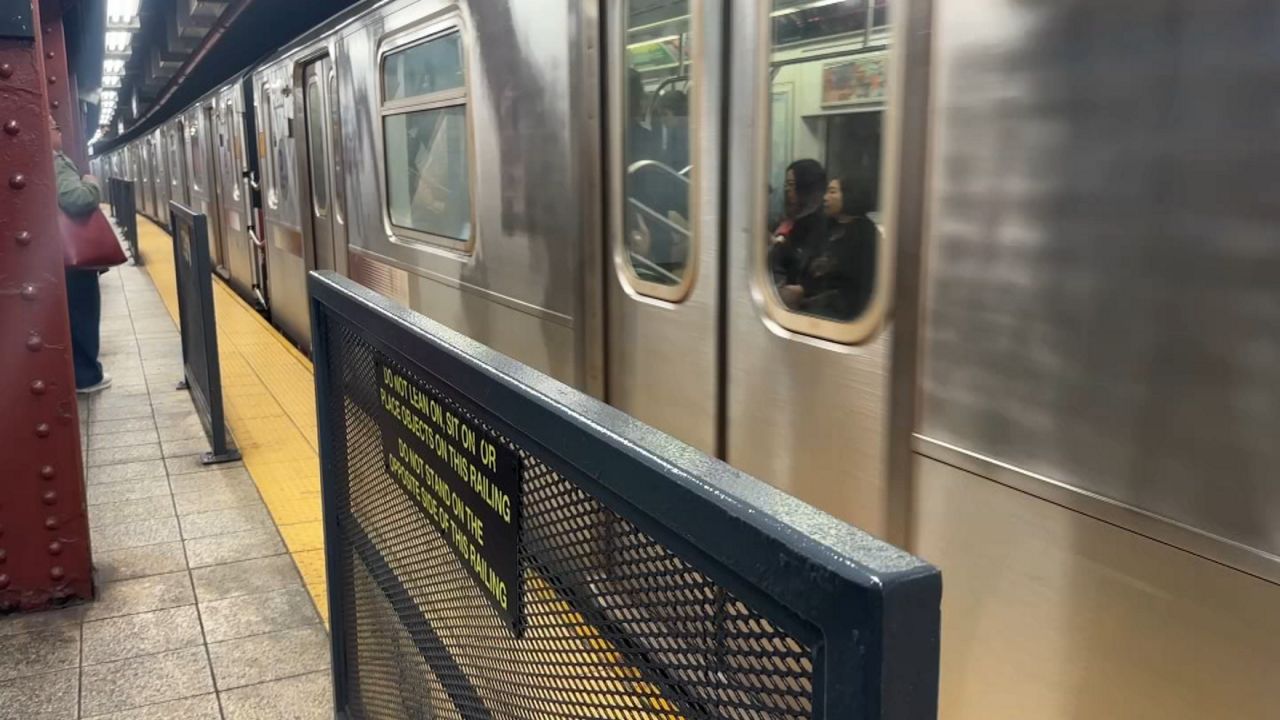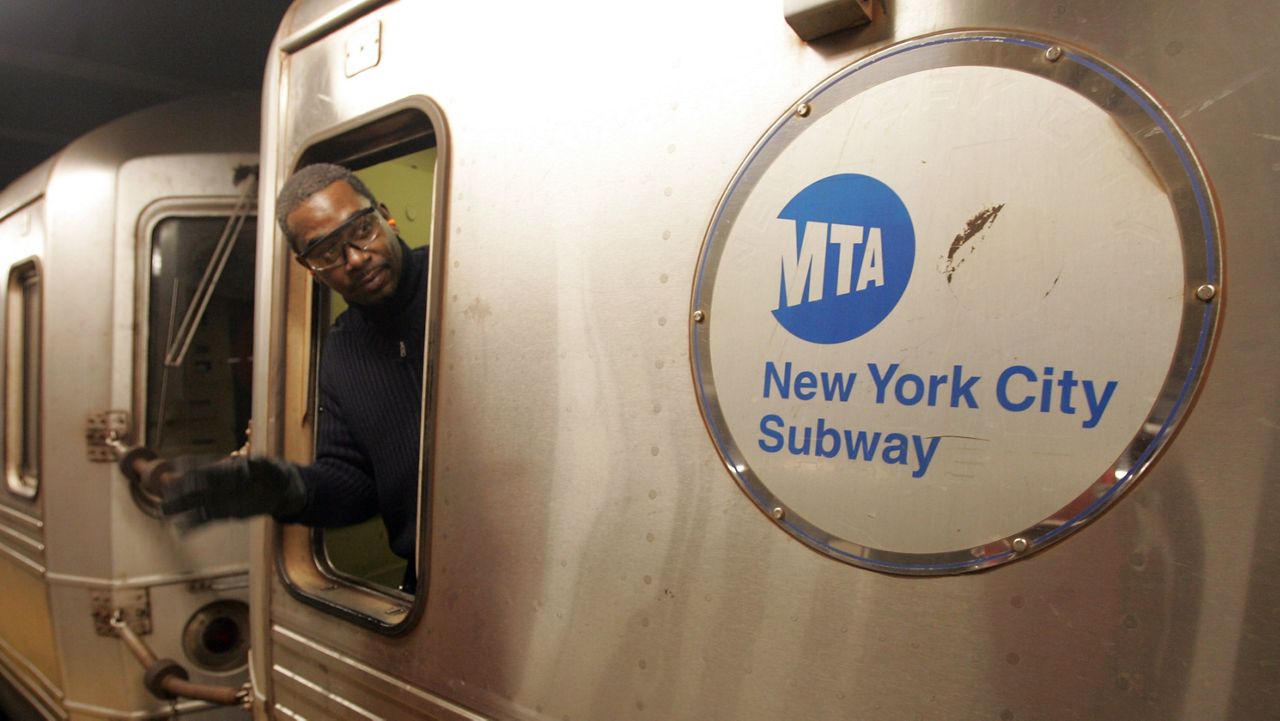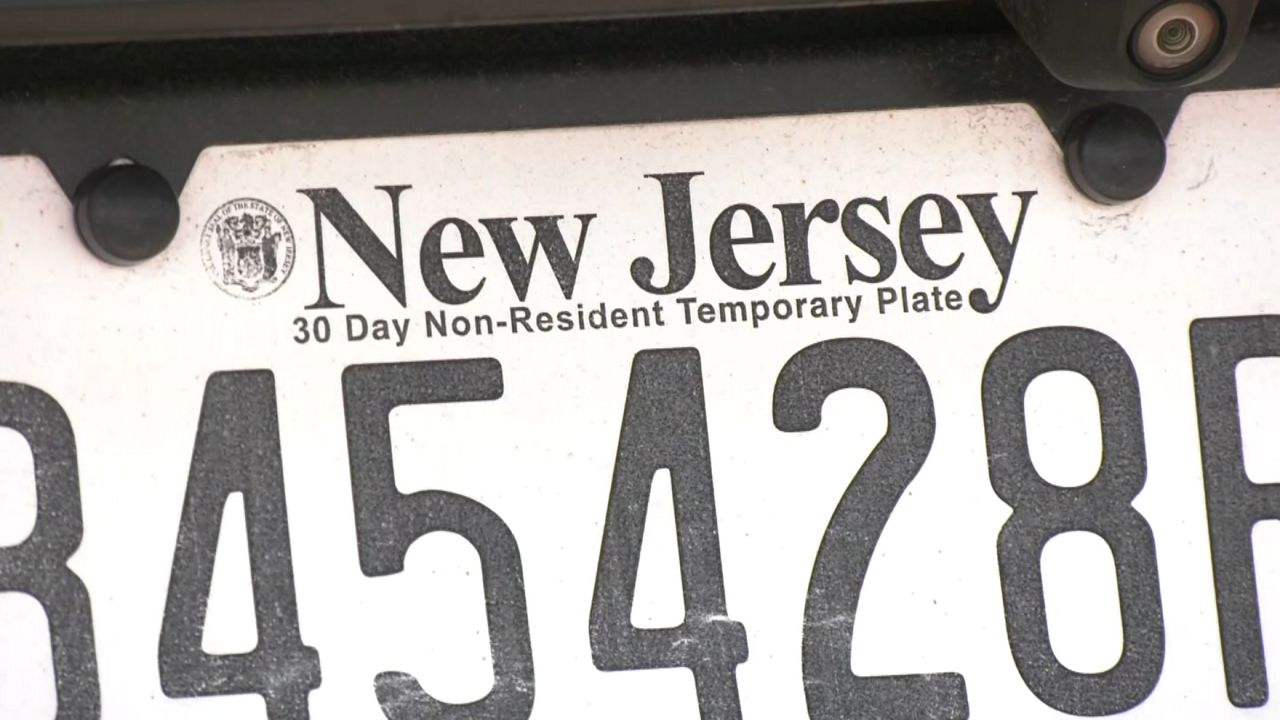Taxi drivers say they cannot afford a third fee. The most recent fee for taxi drivers is $1.25 per trip if they enter Manhattan south of 60th Street.
“Since COVID we are, our taxis, our trips are down 50% of the business,” said longtime driver Richard Chow. “So we are less [than] 50%. That’s a lot of money. So, we cannot survive.”
Chow was among the dozens of city yellow cab drivers who descended on Albany Tuesday morning to demand state legislators pass a bill to repeal a previous congestion charge on the meter they say makes trips more expensive and turns customers away. A charge put on even after Uber and Lyft decimated the industry.
“Since 2013, medallions from $1.1 million and during the pandemic time only $70,000,” Chow said.
Yellow medallions amount to licenses to own a yellow cab and drivers borrowed money to buy what was once a gateway to the middle class. But when Uber and Lyft flooded the market, the medallions lost their value. Drivers found themselves underwater, leading to nine driver suicides, including Chow’s brother, Kenny.
“He jumped into the East River near the Gracie Mansion in 2018,” Chow recalled.
The fees on taxis, while paid by passengers, are high. The meter currently starts at $7 below 96th Street before the cab even moves.
The base taxi fare starts at $3 which goes to expenses like drivers’ taxi or medallion leases or mortgages, fuel and insurance.
In 2009, the legislature approved a 50-cent per ride charge to help the MTA. In 2019, they added a congestion fee of $2.50 for trips below 96th Street.
There’s also a $2.50 surcharge from 4 p.m. and 8 p.m. and a $1 charge from 8 p.m. to 6 a.m. In addition to a $1 fee for the Taxi Improvement Fund which help drivers convert to wheelchair accessible cabs.
The New York Taxi Workers Alliance said yellow cabs have provided the MTA with $1.2 billion since 2009.
Sen. John Liu says with ridership down and 35% of cabs in storage, the $2.50 surcharge, which his bill would suspend, won’t impact the MTA.
“The surcharge is not being collected anyway, because no one is in yellow cabs,” Liu said. “That’s why we need to at least suspend it temporarily so that ridership comes back. And so that we can really preserve this important part of New York City life.”
Liu said the surcharge should be suspended until ridership reaches at least 80% of pre-COVID levels. But without the suspension, the base fare during the evening rush would start at more than $10.




_Pkg_Taxi_Driver_Congestion_Rally_Clean_130004711_195?wid=320&hei=180&$wide-bg$)



_Dnt_MTA_Fare_Gates_Clean)
